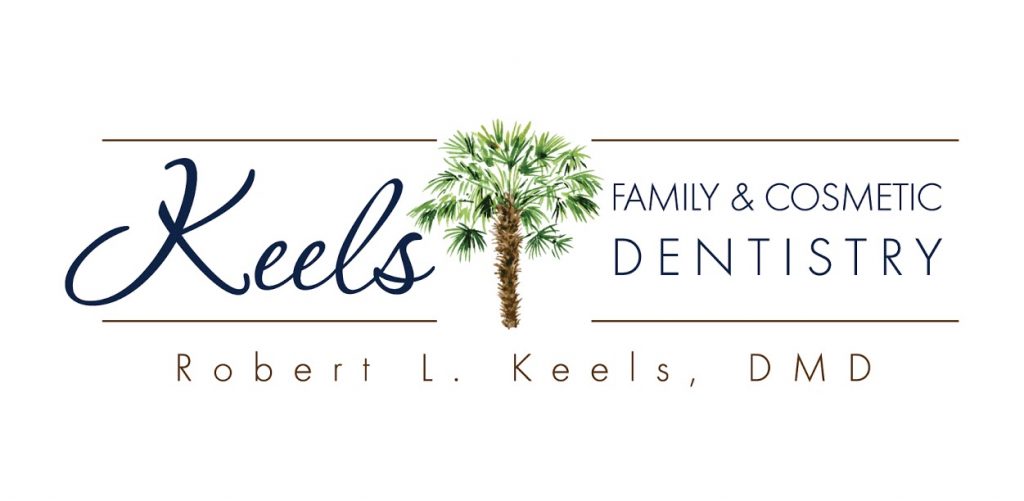As your dental professionals, we want you to feel confident that you have all the information and support you need to heal cleanly and see excellent results. That’s why we’ve put together this customized set of post-operative instructions just for you, full of tips and timelines tailored specifically for dental bonding recovery.
Between these personalized guides and our friendly staff always here to answer questions, we aim to make your transition smooth and worry-free.
Immediate Post-Operative Care
- Gentle Rest: After your dental bonding, take it easy for the remainder of the day. Avoid strenuous activities to minimize discomfort and allow the bonding material to set properly.
- Sensitivity Management: Some sensitivity to hot or cold foods and drinks is normal. Follow your dentist’s or health care provider’s instructions while taking over-the-counter pain medications.
- Dietary Considerations: For a few hours after the procedure, avoid eating until the anesthesia has fully worn off. Begin with soft foods and gradually return to your regular diet.
- Oral Hygiene Practices: Continue your regular oral hygiene routine, but be gentle around the bonded teeth. Avoid abrasive toothpaste and follow your dentist’s specific instructions.
Understanding the Healing Process
- Initial Sensitivity: Expect some sensitivity to temperature changes. This should gradually improve over a few days as your teeth adjust to the bonding material.
- Bonding Material Settling: The bonding material may take some time to fully set and harden. Be mindful of this as you eat and drink.
Follow-Up Appointments and Monitoring
- Scheduled Visits: Attend any follow-up appointments as scheduled by your dentist. These visits are crucial for monitoring your healing and the success of the bonding.
- Permanent Bonding: If temporary bonding material was used initially, discuss the timing and placement of permanent bonding with your dentist.
Long-Term Care and Maintenance
- Oral Hygiene Routine: Maintain a consistent oral hygiene routine, including brushing and flossing. Pay extra attention to the bonded teeth to keep them clean and free from staining.
- Regular Dental Visits: Continue with your regular dental check-ups and cleanings as recommended by your dentist to ensure the health of your bonded teeth and overall oral health.
- Dietary Choices: Be mindful of your diet to prevent damage to the bonding material. Avoid extremely hard or sticky foods that may stress the bonding.
- Oral Habits: If you want to keep the bonding material in good condition, you should avoid doing things like chewing your nails or opening products with your teeth.
Post-Bonding Concerns
- Sensitivity: Some sensitivity is normal after bonding. If it persists or worsens, contact your dentist.
- Pain Relief: Over-the-counter pain relievers or prescribed medications can help manage any discomfort.
Emergency Situations
Should you experience severe pain, persistent sensitivity, or any other urgent concerns, contact Keels Family & Cosmetic Dentistry promptly. We are here to provide immediate assistance and support.
Don’t let chipped or discolored teeth hold you back. Dental bonding at Keels Family & Cosmetic Dentistry is a quick and effective solution for perfecting your smile. Our experienced team is committed to ensuring your comfort throughout the process, from the initial consultation to post-procedure care. Secure your appointment today and start your journey towards the confident, radiant smile you’ve always wanted.
Your commitment to these post-operative instructions is crucial for a comfortable and successful recovery following your dental bonding. At Keels Family & Cosmetic Dentistry, we are dedicated to your dental health and satisfaction throughout this journey. Each patient’s experience is unique, and we encourage open communication regarding any questions or concerns you may have. Call us or book an appointment online now!
